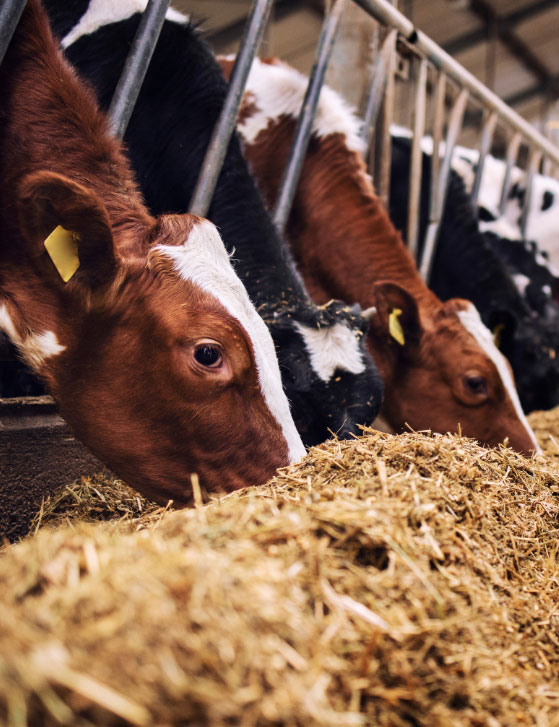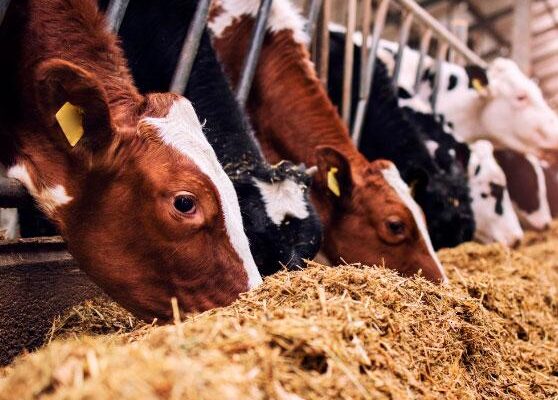Thursday 24th October 2024
The Social Market Foundation should leave their desks and visit a farm – they might be pleasantly surprised to see what they find.
In today’s fast-paced world, misinformation can spread rapidly, so it is crucial that inaccuracies are addressed directly. I want to take this opportunity to address some claims made about Red Tractor recently that we were not given the opportunity to rebut before being published online.
The recent report by the Social Market Foundation (SMF) on animal welfare inspections unfortunately included several false claims and misrepresentations about animal welfare and assurance in this country, without consulting Red Tractor. Animal welfare is an issue that matters to all of us, as a nation of animal lovers, and false allegations can be dangerous when not confronted.
Hundreds of thousands of people in the UK, from farmers and manufacturers to vets and retailers, adhere to the rigour of Red Tractor standards. Unfortunately, this same commitment to precision and rigour were not shared by the SMF and Animal Equality UK, who commissioned this report.
This report critiqued Red Tractor’s animal welfare assessment without any consultation with us or any part of the assurance scheme.
I will not further fan the flames by sharing the article but will take this chance to correct the six main accusations made in this report.
Claim 1: the report falsely suggests that Red Tractor is a façade for animal abuse.
This couldn’t be further from the truth. Our members deeply care for the animals they raise, and we uphold high welfare standards.
Claim 2: the report falsely claimed that Red Tractor is owned by farmers.
We are owned by and answer to the entire food chain. We adhere to the international ISO 17065 standard, with our independent third-party audit bodies certified by UKAS to ensure rigorous, standardised assessments substantiated by objective evidence. We impose strict sanctions for non-compliance of these standards, often to the dismay of parts of the farming community. This is well documented in farming circles and on social media.
Claim 3: the report suggests that we should source more standards from outside the UK.
This overlooks our superior standards and fails to recognise the breadth of assurance in the UK. As a food standards-setting body, Red Tractor is recognised as an exemplar by the World Trade Organisation, Codex Alimentarius, and the OECD. Studies from AHDB consistently show our standards surpass international competitors.
Claim 4: private schemes like Red Tractor have biased assessments as our revenue relies on signing up farms.
This is just absurd. The majority of Red Tractor’s revenue comes from the consumer end of the market, where demand for high standards is paramount and recognition of the role Red Tractor plays in providing that is recognised and valued.
Claim 5: the report alleges a lack of transparency, claiming limited public data on inspections hinders accountability.
Transparency is a core value at Red Tractor, from our operations to providing clarity to consumers on how their food was produced. Our website provides data on farmer suspensions and revocations due to non-compliance, demonstrating accountability against the standards we set.
These allegations are an example of sloppy research and lazy opinions, as well as bad practice of not offering a right to reply. I would have been very pleased to have spoken to the report’s authors ahead of publication and provide them with all the information they’ve needed.
I would suggest that the researchers at the SMF leave their desks and join me at a Red Tractor assured farm to see how the scheme really works, and the hard work of the UK’s farming community who are operating in a challenging environment.

Jim Moseley
Red Tractor CEO

